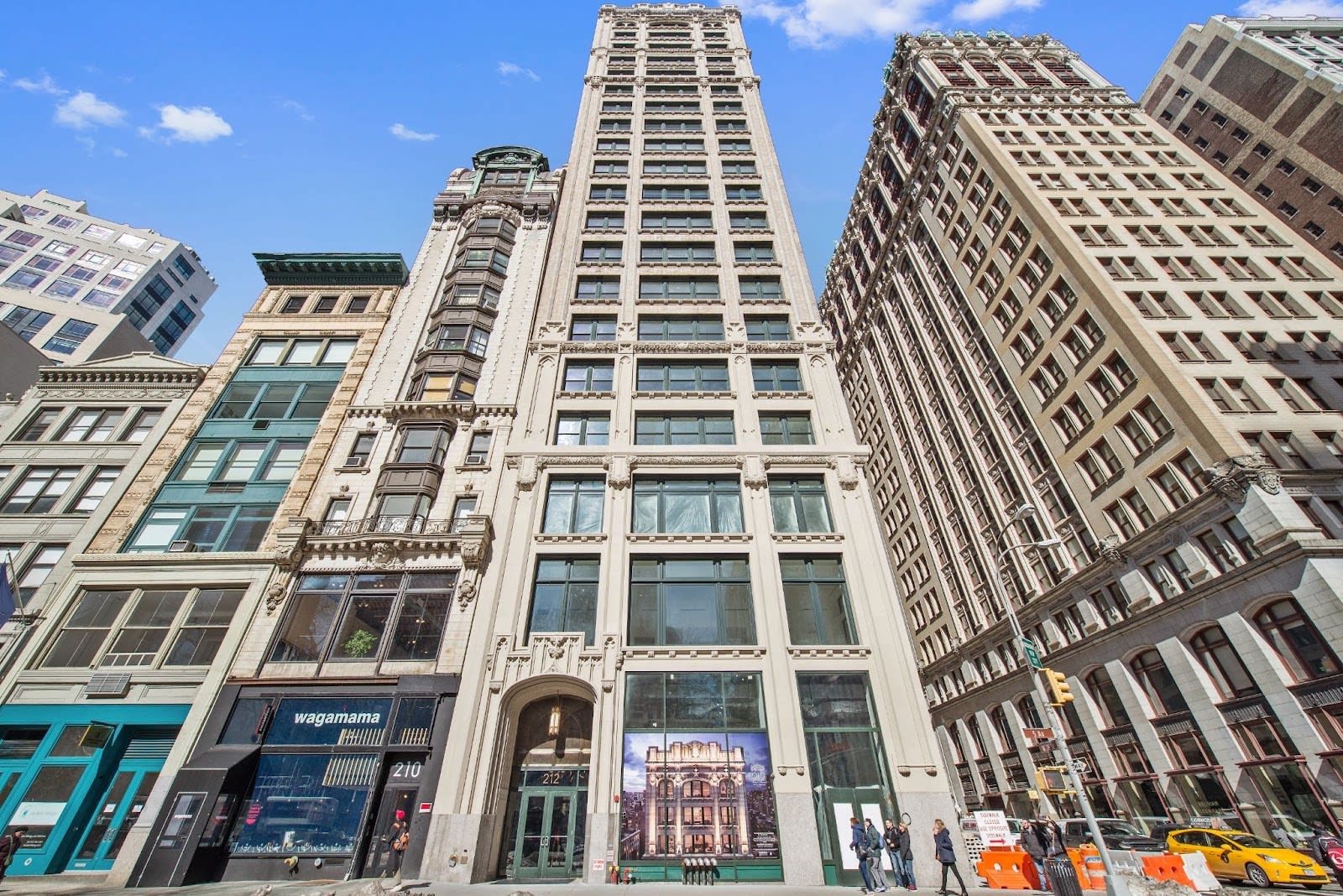In the dynamic landscape of New York City real estate, the decision between purchasing a co-op and a condo is a pivotal one for potential homeowners. Each option offers a distinct set of benefits and considerations, especially in prime locations such as NoMad and neighborhoods surrounding Central Park. This post aims to elucidate the primary differences between these two types of ownership, enabling buyers to make informed decisions tailored to their lifestyle and investment goals.
Understanding Co-ops
Cooperative housing, or co-ops, is prevalent throughout New York City, constituting a significant portion of the available residential properties. Unlike traditional property ownership, buying into a co-op means purchasing shares in a corporation that owns the building. The size of the apartment correlates with the number of shares the buyer acquires.
Pros of Co-ops:
- Affordability: Generally, co-ops are priced more affordably than condos, offering an accessible entry point into coveted neighborhoods.
- Lower Closing Costs: Co-op buyers often enjoy reduced closing costs, as they are not subject to some of the taxes and fees applicable to condos.
- Community Feel: Co-op buildings often foster a strong sense of community, with residents actively participating in the governance of the building.
Cons of Co-ops:
- Approval Process: The co-op board's approval process can be rigorous, requiring in-depth financial disclosures and interviews. This process can be daunting and intrusive for buyers.
- Subletting Restrictions: Co-ops typically have strict rules regarding subletting, limiting owners' flexibility to rent out their units. Some co-ops do not permit subletting at all.
- Shareholder Responsibilities: As part-owners of the building, co-op owners may be more directly affected by underlying mortgages and the financial health of the co-op.
Understanding Condos
Condominiums, or condos, represent a form of real estate ownership where individuals own their specific unit outright, along with a proportional interest in the common areas of the building. This form of ownership is similar to owning a single family house, offering greater autonomy compared to co-ops.
Pros of Condos:
- Ease of Purchase: Purchasing a condo is generally a more straightforward process than purchasing a co-op. There is no co-op board approval, making it more straightforward for international buyers or investors.
- Flexibility: Condos offer more leniency in terms of subletting, allowing owners to rent out their units with fewer restrictions.
- Resale Value: Condos often appreciate faster than co-ops, partly due to their desirability among a broader audience, including foreign investors.
Cons of Condos:
- Higher Costs: Condos typically come with a higher price tag and higher monthly common charges than co-ops, reflecting the cost of greater autonomy and flexibility.
- Variable Common Charges: While co-ops often include utilities in their maintenance fees, condo owners may face variable charges for common areas and amenities.
- Self-Management: Condo owners are responsible for their unit's repairs and maintenance, which can be a downside for those seeking a more hands-off investment.
Central Park Real Estate: Co-op vs. Condo Considerations
For those eyeing real estate near Central Park, the choice between a co-op and a condo involves weighing the desire for investment flexibility against affordability and community engagement. Co-ops along this prestigious park offer a more cost-effective means to live near Central Park, with the added benefit of a tight-knit community atmosphere. Conversely, condos around Central Park provide a straightforward ownership structure, appealing to those who prioritize ease of purchase and investment potential.
Making the Decision
The decision between a co-op and a condo in NYC hinges on a prospective buyer’s priorities, including budget constraints, investment strategies, and lifestyle preferences. Those valuing community involvement and lower upfront costs may find co-ops an attractive option. Meanwhile, buyers prioritizing ease of transaction, flexibility in ownership, and potential resale value might lean towards condos.
Invest in Central Park Real Estate with The Asset Advisory Team
In the intricate tapestry of New York City real estate, particularly in areas surrounding Central Park, understanding the nuances between co-ops and condos is crucial for potential buyers. Each offers a unique pathway to homeownership, with distinct advantages and challenges. Prospective buyers should consider their long-term goals, financial situation, and lifestyle preferences when navigating these options.
For those ready to explore the vibrant world of New York City real estate or seeking guidance on the co-op and condo markets, The Asset Advisory Team stands ready to offer expert advice and personalized service. This team of seasoned real estate professionals is dedicated to helping clients navigate the complexities of the NYC real estate market, ensuring a seamless and informed purchasing experience. Reach out to The Asset Advisory Team today to embark on your journey toward finding the perfect New York City home.
For those ready to explore the vibrant world of New York City real estate or seeking guidance on the co-op and condo markets, The Asset Advisory Team stands ready to offer expert advice and personalized service. This team of seasoned real estate professionals is dedicated to helping clients navigate the complexities of the NYC real estate market, ensuring a seamless and informed purchasing experience. Reach out to The Asset Advisory Team today to embark on your journey toward finding the perfect New York City home.




